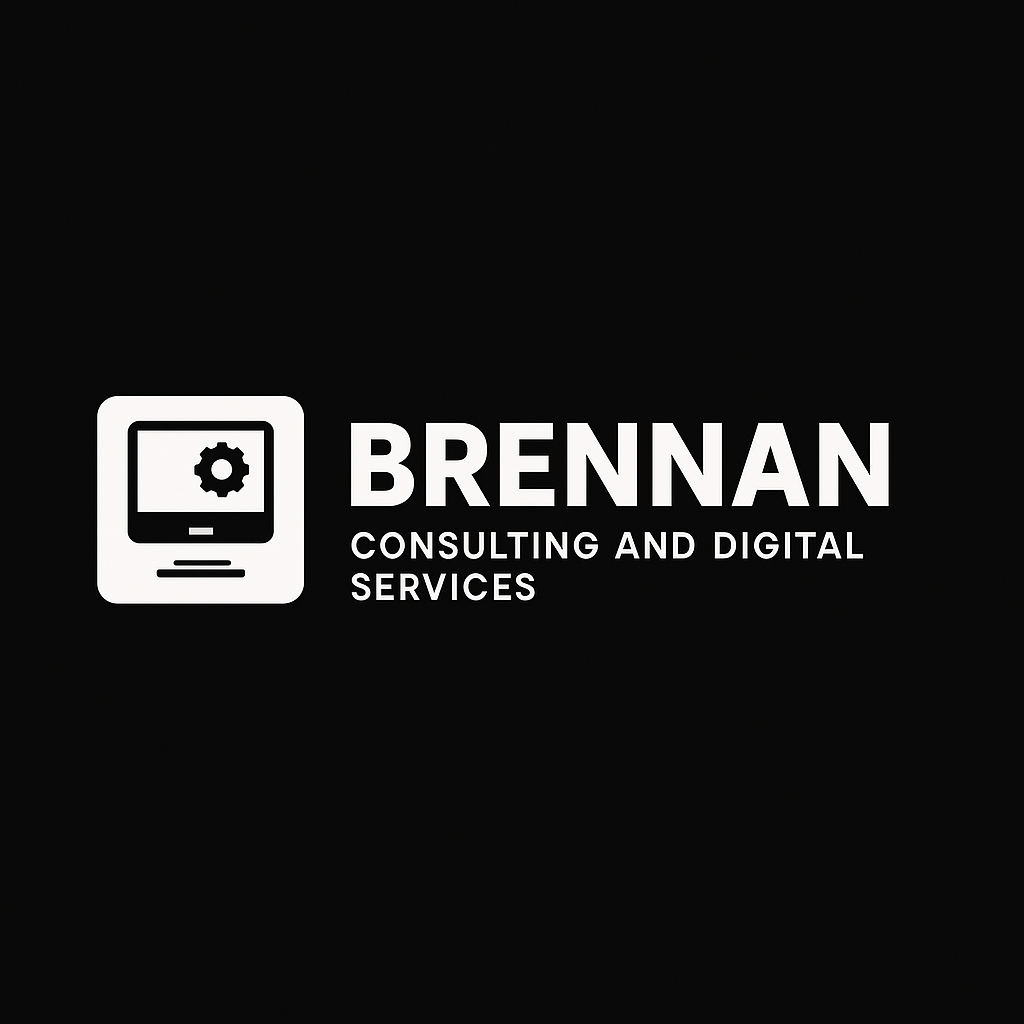Beyond the Paycheck: Why Starting a Small Business is Your Crucial Edge in Today's U.S. Economy
As of July 2025, it’s no secret that many Americans are feeling the squeeze. Whether you're an independent contractor watching your rates erode, a white-collar professional facing diminishing raises, a laborer navigating fluctuating wages, or a retired senior dealing with fixed incomes swallowed by ever-increasing prices, the traditional paths to financial stability feel more like a tightrope walk over a gaping chasm.
The rising cost of living, coupled with stagnant (or even falling, in real terms) incomes, has pushed many to the brink. It’s a challenging landscape, but within this very challenge lies a powerful opportunity: starting your own small business.
It might sound daunting, especially when resources feel tight, but here’s why taking the entrepreneurial leap isn't just a side hustle – for many, it’s becoming crucial for financial survival and thriving in the modern U.S. economy.
1. Reclaiming Control Over Your Income
The most immediate and obvious benefit: you set your own earning potential. In a traditional job, your income is dictated by an employer, often subject to corporate budget cuts, economic downturns, and the prevailing market rate for your role. When you run your own business, you control your pricing, your client base, and ultimately, your revenue.
This doesn't mean instant riches, but it means that if costs go up, you have the direct ability to adjust your services or pricing (strategically, of course!) to compensate. You're no longer a passive recipient of a paycheck; you're an active architect of your financial future.
2. Diversifying Your Income Streams
Putting all your financial eggs in one basket (a single job) is inherently risky, especially in volatile times. A small business, even a part-time one, creates an additional income stream. If you're laid off, your main client pulls back, or inflation eats too much of your pension, that business can act as a vital buffer, providing crucial income when you need it most.
For white-collar professionals, it can be a "side hustle" that eventually replaces or significantly augments their primary income. For retired seniors, it can turn a passion into a source of supplemental income that helps combat rising healthcare and living costs.
3. Building Assets, Not Just Income
A job provides income. A successful small business builds an asset. As your business grows, it accumulates value in the form of a strong client base, intellectual property (like unique design processes or templates), brand recognition, and a proven system. This asset can be sold one day, providing a significant financial payout that a salary simply can't match.
Even if you never sell it, the financial stability and growth potential of a thriving business far exceed what most traditional employment offers in today's economy.
4. Unleashing Adaptability and Innovation
Large corporations can be slow to adapt. Small businesses, however, are inherently nimble and innovative. In an economy where consumer needs and market demands shift rapidly (especially with technological advancements), a small business can pivot quickly, introduce new services, or target emerging niches.
For instance, your digital design business can readily adapt to new web technologies or evolving digital marketing trends, offering specific, high-demand services that larger agencies might overlook. This adaptability is key to survival and growth when the economic ground beneath your feet feels shaky.
5. Tax Advantages and Financial Efficiency
While it's essential to consult with a tax professional, small business owners often have access to tax deductions and write-offs that aren't available to regular employees. This can include deductions for home office expenses, equipment, professional development, and even health insurance premiums. These can significantly reduce your taxable income, putting more money back in your pocket – money that’s increasingly valuable when prices are high.
6. Investing in Yourself and Your Future
In an era of diminishing pensions and uncertain social safety nets, investing in your own skills and entrepreneurial ventures is arguably one of the most secure investments you can make. You're not relying on a company's longevity or government policy; you're building a marketable skill set and a viable business that will serve you directly.
For independent contractors and laborers, it's about formalizing and expanding their personal brand. For seniors, it's about leveraging a lifetime of experience and wisdom into a profitable endeavor that keeps them engaged and financially resilient.
The Bottom Line
The current economic climate in the U.S. necessitates a proactive approach to personal finance. Relying solely on a single employer or a fixed income is becoming an increasingly precarious strategy. Starting a small business, particularly one like digital design that can scale and serve diverse needs, isn't just about pursuing a dream; it's about building resilience, regaining control, diversifying your financial portfolio, and ultimately, ensuring your financial survival and prosperity in an unpredictable world.
It's time to build your own lifeboat, not just hope the ship doesn't sink.

